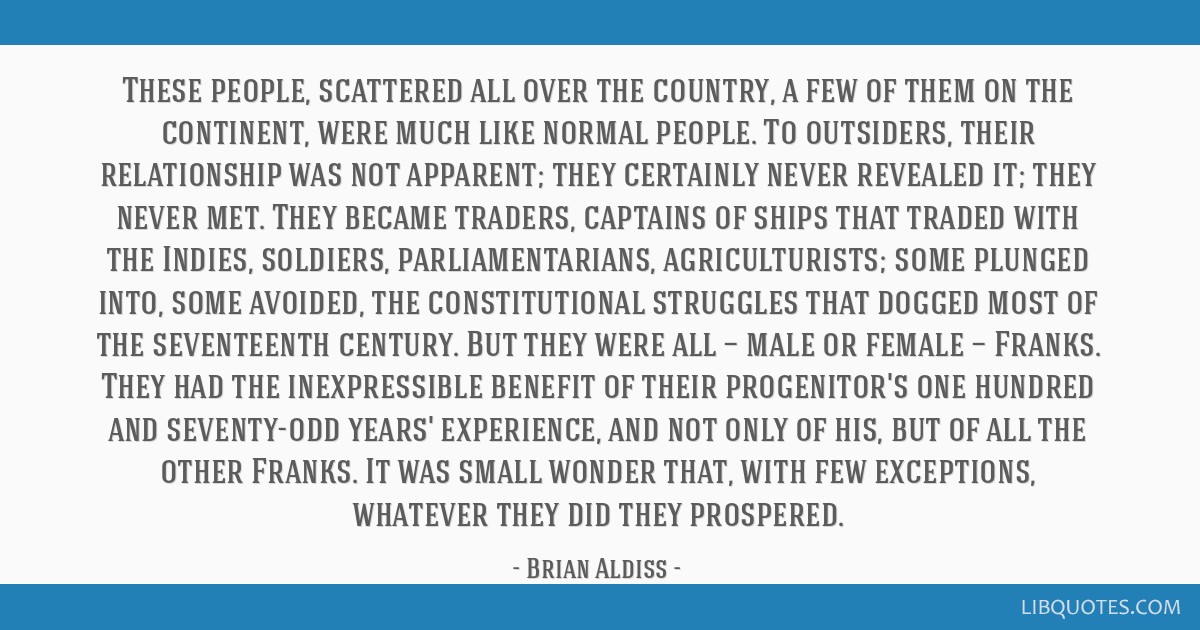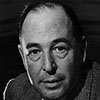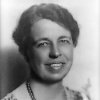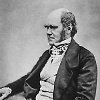These people, scattered all over the country, a few of them on the continent, were much like normal people. To outsiders, their relationship was not apparent; they certainly never revealed it; they never met. They became traders, captains of ships that traded with the Indies, soldiers, parliamentarians, agriculturists; some plunged into, some avoided, the constitutional struggles that dogged most of the seventeenth century. But they were all — male or female — Franks. They had the inexpressible benefit of their progenitor's one hundred and seventy-odd years' experience, and not only of his, but of all the other Franks. It was small wonder that, with few exceptions, whatever they did they prospered.
Let's Be Frank (1957)























